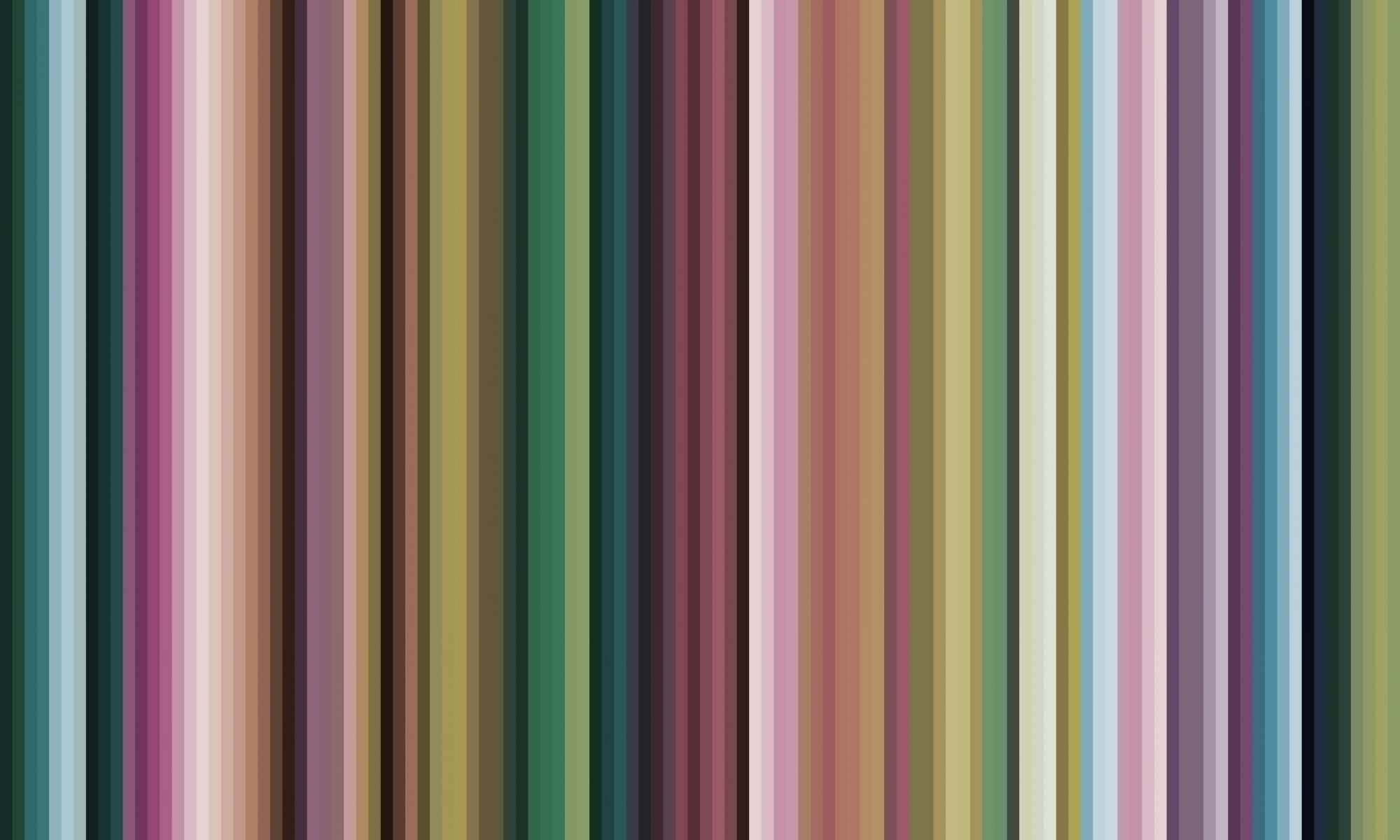
Within a week of getting my first job in a big advertising agency – as the assistant to the Creative Director – one of the other assistants said to me, quite casually, “Oh, I wasn’t surprised you got the job. [Creative Director] really likes women with short hair like yours – he thinks women with really short hair are more confident.”
She wasn’t, in case you’re wondering, trying to be catty or mean. She was simply stating a fact as she saw it. And as I got to know my new boss better, I decided she was right: my short hair had been a definite plus.
At the same time, I knew the rest of my appearance was woefully inadequate for my new job. Sitting in the lobby for my first interview, I became convinced I’d never get hired, as every single person who walked by appeared to be tall, thin, perfectly accessorized and effortlessly cosmopolitan.
I, on the other hand, have a figure that could be charitably described as more ‘Nigella Lawson‘ than ‘Jennifer Aniston’, wear the same earrings almost every day because I’m always losing half a pair, and didn’t buy my first designer handbag until I was 25. I wasn’t completely ignorant of fashion – I’d just lived in the suburbs my whole life, where the standards were lower, and I’d just moved to Toronto on an entry-level salary, so even outfitting myself with MAC cosmetics was a serious budgetary commitment. And the truth is that I’m not naturally gifted with a genius for fashion.
My style soon underwent a transformation: I found out where the other assistants went for jeans, waxing, haircuts, shoes, etc. None of us were making much money, so they had good advice on how to look polished on a budget (protip: if you base all your outfits around black, you can make shoes, handbags and other items work with multiple outfits, while still looking sufficiently cool). I learned a whole new lingo about brands and styles and haircare products, and had a lot of fun doing it.
(At Christmas I’d give my mother, a highschool teacher, a handbag or lipstick from some super-hip new brand, and she’d get a kick out of the fact that the teenaged girls in her class would be impressed with her coolness.)
What’s fun in your 20s can pall later on
It’s now been 10 years since I’ve worked in a big agency, but I’m still working in marketing, and as I get older I wonder: Just how long can you continue to work in this industry if you look like you’re over 45? And if you do look like you’re 45+, do you need to start investing in cosmetic surgery and more expensive clothing in order to proclaim your relevance?
The very fact that I’m reluctant to reveal my age (42) in this blog is perhaps a clue to the answer here. Genetically I’ve been lucky so far: Neither of my parents look their age, so most of the time I’m still passing for under 40.
I still worry. Sure, I’ve got a couple of pairs of Louboutins, a few DVF dresses, and my figure hasn’t changed much since that first job (thanks to assiduous dog-walking and some yoga). I still base my outfits on black and I’ve been using a hard-core anti-wrinkle cream for years. But I have little interest in spending days at the anti-aging spa, and every time I have a spare $1000 kicking around, there always seems to be some more pressing priority than syringes of Botox and Restylane. In my 20s and even my early 30s, it was really exciting to get a new Hermes scarf or Armani skirt…these days, not so much.
I do take heart from the fact that the Canadian population – along with the populations of most of the developed world – is aging, and being over 40 isn’t the career-killer it used to be. I also tend to think that if you stay technologically savvy, you maximize your experience while minimizing the negative effects of age. But advertising has always been a young person’s game, and I wonder if the day will come when I’ll lose business to some hyper-branded 30-year-old.
(Your insights are welcome!)
